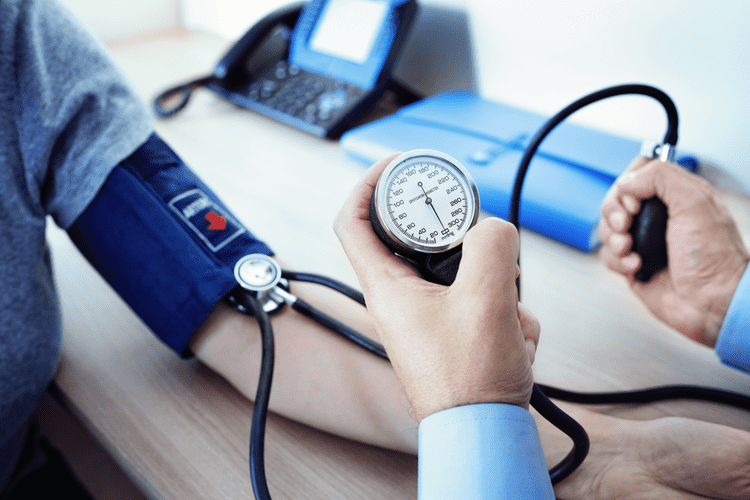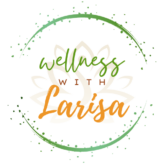Post-drinking depression, whether it occurs the next morning or days later, is a real and often overlooked consequence of alcohol use. This guide examines the causes of depression after drinking, outlines the signs of alcohol-related mood changes, and provides steps to take if it interferes with your well-being. We’ll also explore the science behind alcohol and emotional health, using real research and expert insight from mental health professionals. Depending on the person, depression may resolve quickly as they overcome their addiction. For other, including those who might have begun drinking to manage depression, it can take months or longer to improve. Your loved one may need treatment for depression in addition to treatment for alcohol use disorder.
What Causes Severe Depression After Drinking: Reasons and Coping Tips
Taking action to manage negative emotions as you experience them can help keep them from getting too overwhelming. Having an extra drink or two once in a while doesn’t automatically translate to heavy drinking. If you already feel a little low, giving yourself a hard time for overdoing the alcohol probably won’t improve matters. Increased anger might lead you to pick a fight with a loved one, for example, while extreme sadness or self-loathing could lead to intense depression symptoms. If you tend to rely on alcohol to ease anxiety in social situations, for example, you might never address the underlying causes of your discomfort.

When you already feel depressed, blaming yourself can make matters significantly worse. It may seem easier to keep drinking until alcohol dulls the feeling, but this will only make you feel worse. Instead, focus on what does drinking make your depression worse you could do next time to ensure things are different. These feelings are also linked to alcohol withdrawal, resulting in “hangxiety” and “hangover depression.”
That’s when you begin that cycle of dependence seen in alcohol use disorder. While occasional sadness after drinking may not be alarming, recurring or severe depressive symptoms require serious attention. Either way, strong mental health support makes a big difference in overcoming depression and alcohol.
Get Professional Help

It takes your body and liver about eight hours to remove what’s essentially a poison. As this is happening, it can affect your central nervous system and cause you to feel jittery or anxious. Alcohol use disorder (AUD), or alcohol addiction or alcoholism, is a chronic relapsing brain disease. It develops when you misuse alcohol despite knowing its adverse effects. While the liver breaks down alcohol, it also affects essential neurotransmitters in the brain.
Why Can’t I Stop Drinking Once I Start? 4 Major Reasons
This may also mean you make hasty decisions because of your temporarily lowered inhibitions in social settings, resulting in unpleasant outcomes. “Sadness” is a broad, personal and subjective term, but it describes a negative outlook and state of mind. For most people, a night of heavy drinking almost guarantees that they experience varying levels of sadness throughout the following day. In addition to your brain trying to restore balance after a night of drinking, you might experience anxiety and moodiness as a result of hangover and withdrawal symptoms. Reclaiming your well-being starts with acknowledging the impact of alcohol on your mental state and taking proactive steps toward balance. Whether that involves hydrating, seeking support from loved ones, or connecting with a professional, you have the power to break the cycle.
- Mixing these substances can lead to increased side effects and reduced effectiveness of antidepressant medications, potentially exacerbating depressive symptoms.
- Medical professionals will say it takes about 90 days for your brain’s dopamine production to return to pre-drinking levels.
- If someone already has depression, it can worsen if they start drinking frequently.
- That theory describes a “dark side of addiction” where repeated heavy drinking over time leads to changes in the brain systems involved in stress and reward.
- Drinking can also hinder the development of healthy coping mechanisms.
There are likely both physical and deeper, psychological causes for the state of sadness after a period of drinking. I already have depression but it gets noticeably worse after drinking. Alcohol causes dehydration which can also lead to irritability, mood swings, fatigue, headaches, and feeling pretty lousy. Conversely, alcohol initially depresses glutamate, an excitatory neurotransmitter that increases the activity of neurons in the brain. This activity helps us feel alert, but it also makes us feel anxious in excess.
There is a clinical term for experiencing depression after quitting alcohol and it’s called alcohol-induced depressive disorder (AIDD). People who have an alcohol addiction or drink heavily also have a higher chance of developing depression compared to someone who doesn’t drink. Co-occurring disorders like alcohol use disorder and depression can have a cyclical relationship. When their depression worsens, they drink more alcohol, and the cycle continues. It is not uncommon to use Alcohol Use Disorder alcohol as a way to deal with difficult moments in our lives. From the notion of taking your mind off a difficult day, alcohol can lift your spirits in moderate amounts.
The most effective way to avoid post-drinking depression is to drink alcohol in moderation or abstain altogether. Set limits for yourself and stick to them, pacing your consumption and alternating alcoholic drinks with water or non-alcoholic beverages. Few people may realize it, but you can actually be allergic or intolerant to alcohol. Anywhere from 7% to 10% of the general population has such an allergy, though it affects about 35% of those with Asian backgrounds. Signs include skin flushes and a feeling of being either wound up or very sleepy. An estimated 20 percent of adults in the U.S. drink alcohol to help them fall asleep.
Cancel Culture OCD: Understanding the Intersection of Mental Health and…
This can result in conditions like gastritis, ulcers, and gastrointestinal bleeding. It can also interfere with how your body absorbs essential nutrients in the digestive system and lead to nutritional deficiencies over time, particularly vitamins B, D, and folate. Even though you might be in a deep sleep after taking alcohol, it reduces the healing REM sleep.
Facts and Statistics on Depression and Alcohol
You’ll meet millions of fellow Reframers in our 24/7 Forum chat and daily Zoom check-in meetings. Receive encouragement from people worldwide who know exactly what you’re going through! You’ll also have the opportunity to connect with our licensed Reframe coaches for more personalized guidance. The Reframe app equips you with the knowledge and skills you need to not only survive drinking less, but to thrive while you navigate the journey.
So is talk therapy with a mental health specialist who understands addiction and substance abuse. Alcohol has diuretic properties, which means it leads to increased urination. This increased urination can result in substantial fluid loss, leading to dehydration. Dehydration doesn’t only result in physical symptoms like headache, dizziness, or dry mouth, but it also affects our mood. Studies have shown that even mild dehydration can increase anxiety and irritability.
